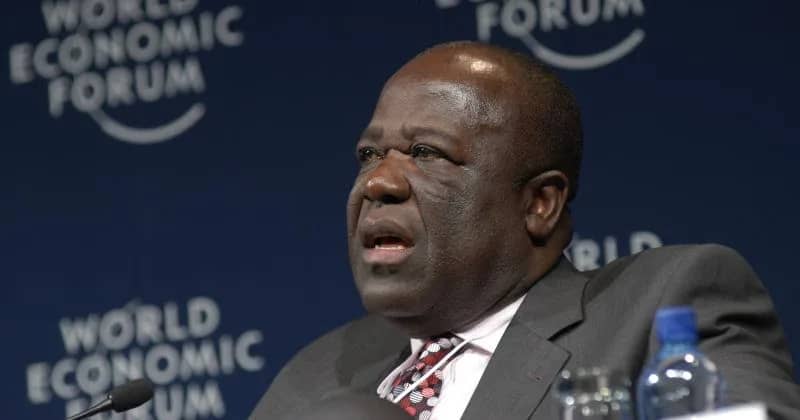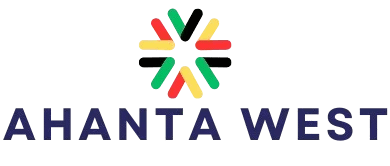
Renowned businessman and Executive Chairman of Jonah Capital, Sir Sam Jonah, has strongly criticized the closure of UT Bank, describing it as a significant act of economic injustice that has stifled private sector growth in Ghana. He contends that the government’s decision to shut down the bank six years ago has had far-reaching consequences, discouraging ambitious entrepreneurs from pursuing transformative ventures.
At the launch of ‘The UT Story: Volume 3’ by Prince Kofi Amoabeng, Sir Sam Jonah underscored the critical need to protect businesses from undue political interference. He emphasized that a stable and predictable business environment is essential for long-term economic prosperity, warning that excessive state control undermines investor confidence and stifles entrepreneurial ambition.
Reflecting on the closure of UT Bank, he described it as a painful chapter in Mr. Amoabeng’s journey, highlighting the betrayal and harsh realities that come with power and politics. Sir Sam Jonah further noted that the bank’s collapse was not just a financial failure but a symbolic setback for Ghanaian entrepreneurship. He stressed that it sent a chilling message to business owners and innovators—that no matter how diligent or successful they might be, their enterprises could be jeopardized by capricious political decisions.
According to him, Ghana’s economic progress depends on the ability of its leaders to nurture and support the private sector rather than allowing political agendas to dictate the fate of thriving businesses.
The collapse of UT Bank in 2017 was part of a broader financial sector cleanup by the Bank of Ghana, which saw the revocation of licenses of several banks deemed insolvent or mismanaged. While the regulatory body cited reasons such as poor corporate governance and non-performing loans for these actions, critics argue that the approach lacked transparency and disproportionately affected indigenous banks.
Sir Sam Jonah’s remarks reignite the debate on the balance between necessary regulatory oversight and the protection of homegrown enterprises from potential overreach, emphasizing the need for policies that foster confidence and resilience in Ghana’s private sector.








